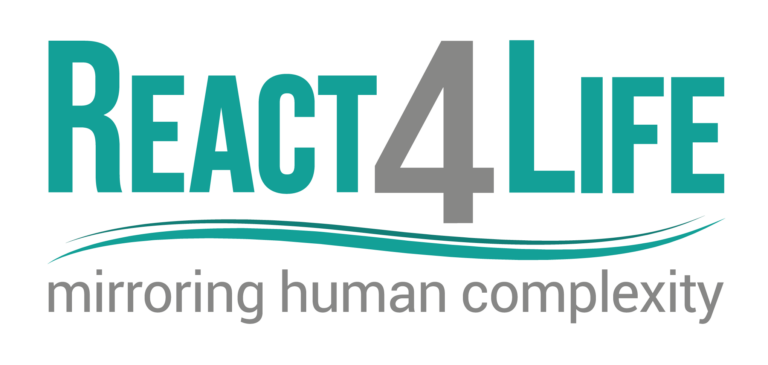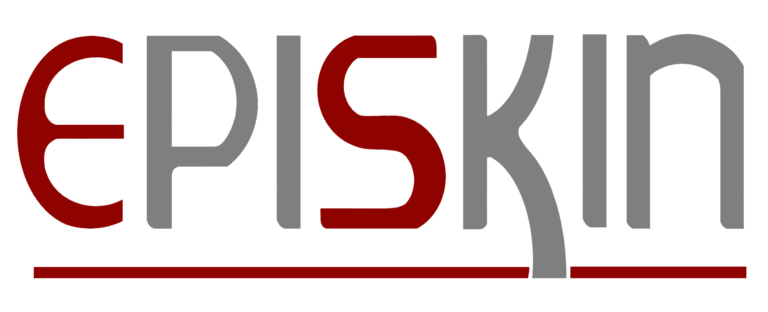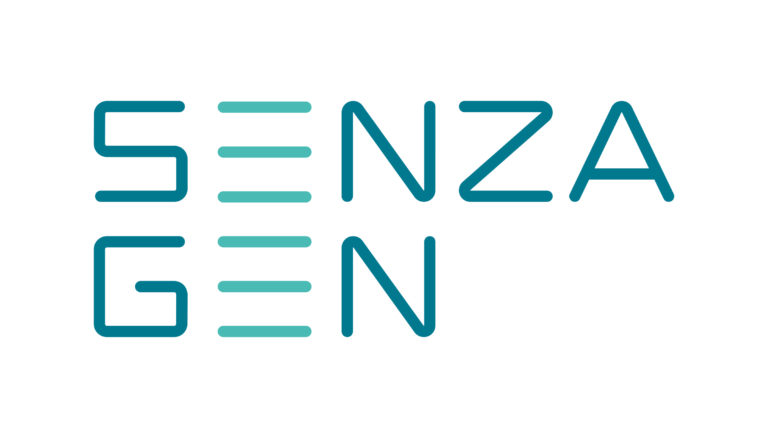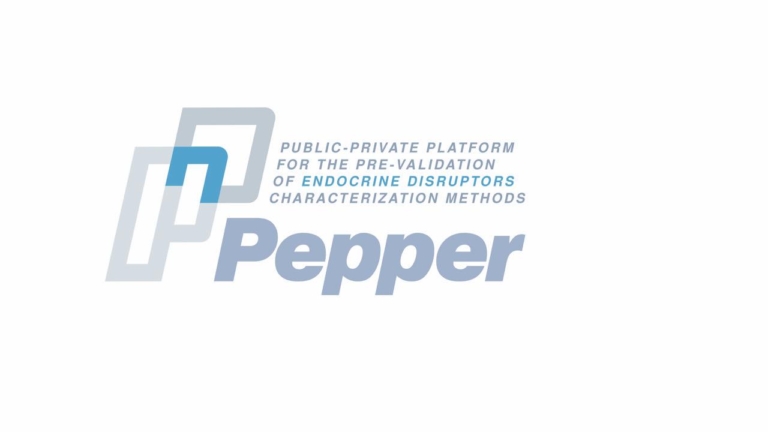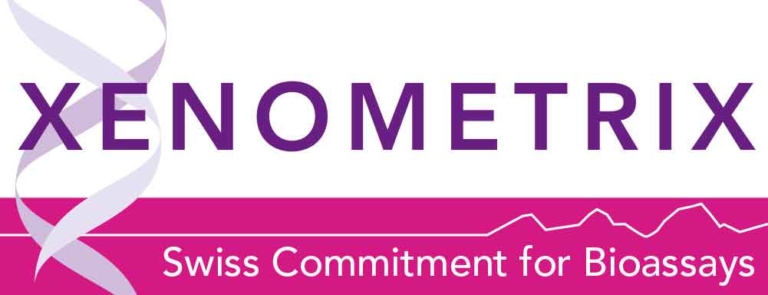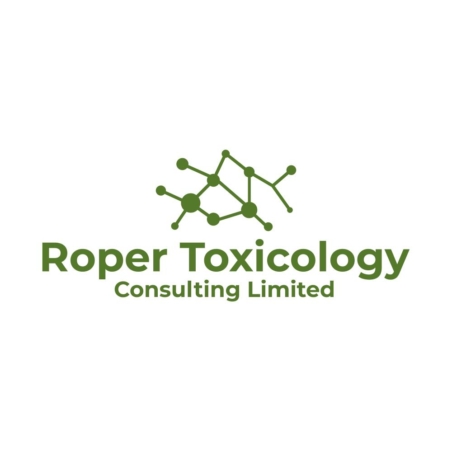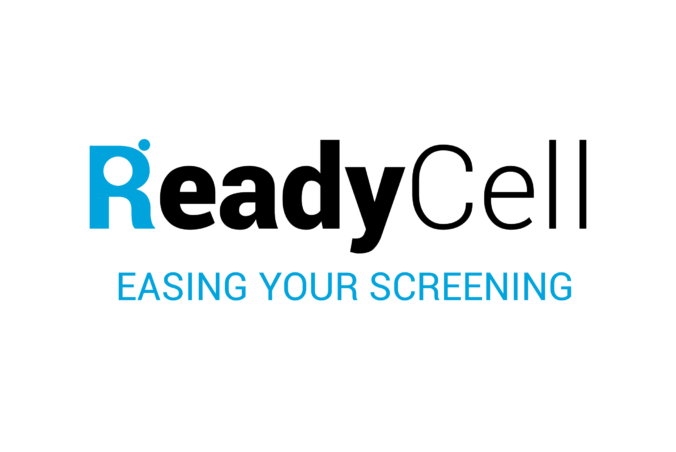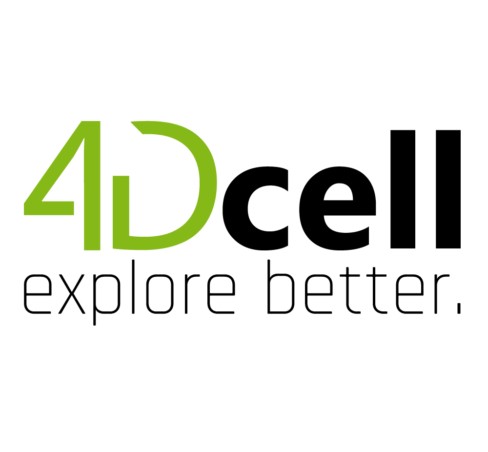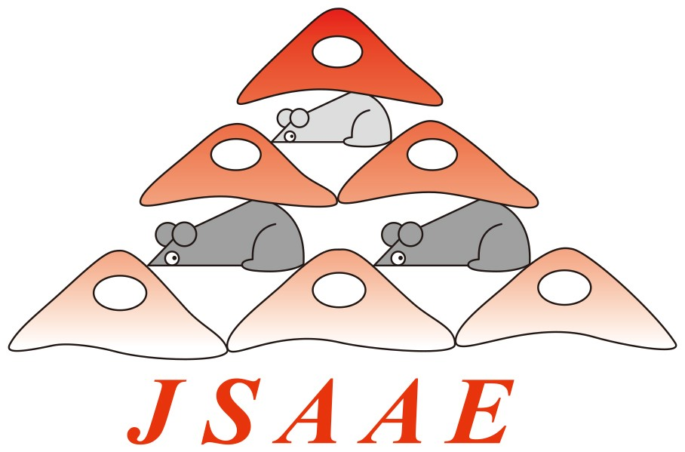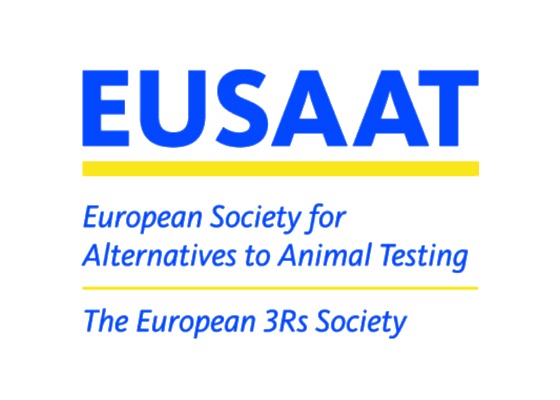President: Helena Kandarova
Vice-president: Clive Roper
Treasurer: Amer Jamalpoor
Members: Anne-Marie Vinggaard, Marketa Dvořáková, Arno Gutleb, Mohamed Fathi Abdallah Abdelmohsen, Andreas Stucki, Benoit Maisonneuve, Bambou Tan, Timothy Allen
ASCCT liaison: Erin Hill
JSAAE liaison: Yasunari Kanda
ESTIV Working Groups and Teams:
- ASCCT-ESTIV Webinars Teams: Anne-Marie Vinggaard (Lead), Erin Hill, Yasunari Kanda
- ESTIV 2024 Applied Training Courses: Arno Gutleb (Lead), Mohamed Fathi Abdallah Abdelmohsen, Benoit Maisonneuve, Helena Kandarova
- Awards and Bursaries: Clive Roper (Lead), Helena Kandarova, Amer Jamalpoor, ad hoc members depending on the meeting
- ESTIV Communication Team: Bambou Tan (Lead), Marketa Dvořáková, Helena Kandarova,
- Early Carrer scientists: Mohamed Fathi Abdallah Abdelmohsen, Andreas Stucki, Timothy Allen, Marketa Dvořáková
- ESTIV 2024 TIV Special Issue Editors: Helena Kandarova, Benoit Maisonneuve, Marketa Dvořáková,
- EU-NETVAL Nework: t.b.a.
- Corporate members programme: t.b.a.
Audit Committee overseeing ESTIV processes:
Mathieu Vinken, Belgium
Erwin van Vliet, The Netherlands
 The ESTIV Members Area
The ESTIV Members Area